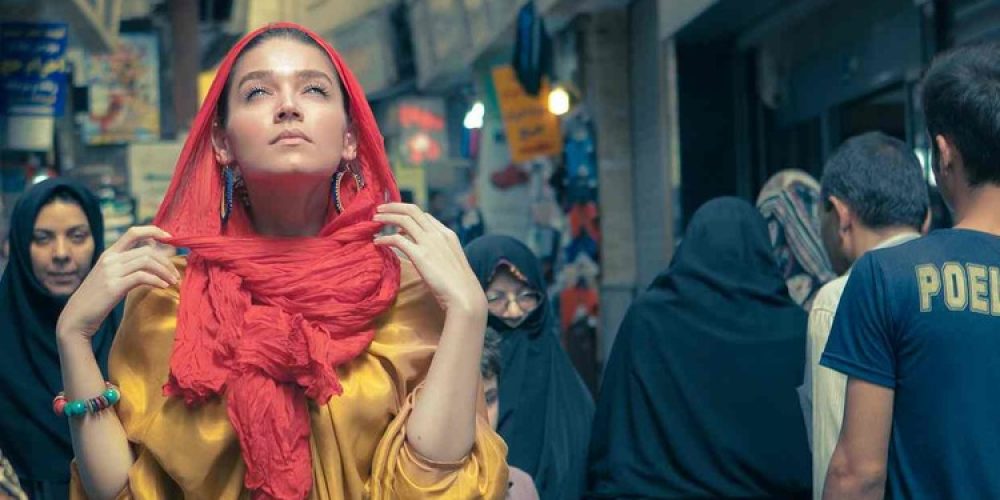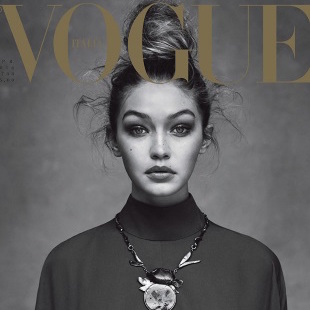At least eight people have been arrested in Iran as a part of Spider II, an government operation targeting photos of women with uncovered hair – a law that has been in effect for more than three decades. However, as Al Arabiya reports, many Iranian women have used the advent of social media to protest the law in a new way, by posting selfies of themselves uncovered.
Al Jazeera reported:
Tehran police chief General Hossein Sajedinia in April announced his department had deployed 7,000 male and female officers for a new plain clothes division — the largest such undercover assignment in memory — to enforce the government-mandated Islamic dress code.
Iran Human Rights reported:
At the end of the interrogation sessions, which ranged in duration from a few days to several weeks, some victims were released after pledging to end whichever activities they had been summoned for while others were kept in detention.
“Nobody wants to talk about these interrogations and arrests. We’re all in shock,” one model who was interrogated during the latest crackdown told the Campaign. “The officials told us themselves that this is a big operation and they are in the process of gathering information and identifying individuals.”
“After someone was taken in for questioning the interrogators would get the names of other models and photographers and summon them as well,” added the source, who asked to remain anonymous.
Following a religious edict by supreme leader Ayatollah Ali Khamenei permitting modelling, Iran’s fashion industry has been booming for the past two years under heavy regulation. Authorities issue licenses and ID cards to models to participate in public runway shows and other events. But independent models not working with licensed agencies (as is normal in other markets, such as Kuala Lumpur) rely heavily on Instagram, which is legal and accessible in Iran. Instagram has been the main source Spider II operatives have been monitoring.
Of course, Instagram is vital for any model’s career. This limits the Iranian industry to a very small set of workers who do modesty-fashion work, but not any other work.Modesty-fashion is abundant in Kuala Lumpur, for example, but there’s regular work there too (the law permits it), and most models will do both.
Models are essential to an industry flourishing, whether by promoting local workers or by bringing top models in from abroad. If Iran does want to be a part of the fashion industry, it’s going to have to figure out how to deal with an industry that necessitates a very mobile, global workforce.
Sharif Razavi, founder of the first modelling agency in Iran, Behpooshi, spoke to Les Perisiennes in September 2015 before Spider II crackdown began:
I want to develop an educational method for the Muslim countries, we keep the moral rules while developing our activities. These two are not incompatible! I would like to open other offices in new cities in Iran, and i would like Iranian models collaborate with international brands but that, I do not still know if it is possible yet.






